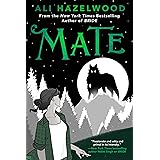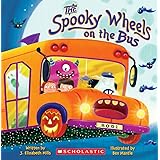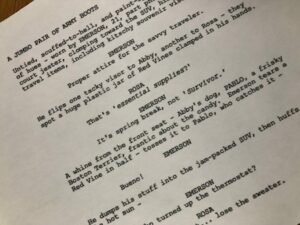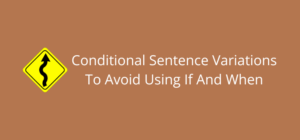English Teams Dominate Unexpectedly — What American Teams Are Missing Revealed!
The Subtle Linguistic Difference That Catches Out Seasoned Writers
I’ve noticed a subtle yet significant linguistic difference between Brits, our cousins down under, and our friends across the pond: we Brits refer to teams as a group of people, while others treat teams as a single entity.
At first, I thought it was just a grammatical quirk. But, after two bottles of Malbec, I’m convinced it reveals something about how we view power.
Even more importantly for writers, if you use the wrong form, your audience might assume you don’t know the basics.
Noticing The Difference Everywhere
I first noticed this curious quirk while listening to England v Australia cricket commentary:
- British commentators would say, “England are…”
- Aussie commentators would say, “Australia is…”
Soon after, the Baader-Meinhof phenomenon kicked in— you know, when you notice something once and then see it everywhere. And it wasn’t just with sports teams or Aussies.
On US TV shows, I’d hear Americans say things like “the band is playing tonight,” where Brits might say “the band are playing tonight.”
Why The Difference: And What It Says About Us
Why would one group refer to teams in the plural form, and the other in the singular form? Well, as the UK and colonial cultures diverged, so did our grammar.
Notional Agreement: UK English
When referring to groups, UK English uses notional agreement: the company or team is considered a group of people, so the plural form is used.
This frames organisations as groups of individuals, each with their own agency and differing opinions, and reflects a somewhat sceptical view of authority.
When Brits say “the government are,” we’re subtly acknowledging that parliament is made of multiple, potentially flawed, probably petty, and definitely squabbling humans. Or at least I am.
Formal Agreement: US and Former Colonies
US English, on the other hand, uses formal agreement: the company or team is a single entity, so the singular is used — unless the team name is a plural, like the Yankees.
This hints at a more idealistic view: the company or team as a single force moving in one direction, with less emphasis on internal dissent or individuality. It also reflects a preference for clarity, directness, and efficiency.
When Americans say “the government is,” they’re treating it as a coherent and all-powerful entity. Hail to the Chief.
Why This Matters For Writers
The way we use language — even the tiniest quirks — shapes how our messages are received and understood.
I’d already accepted that Americans steal the ‘l’ from ‘travelling’ and add it to ‘enrol’, and they aren’t familiar with oblique terms like ‘fortnight’. I even make sure to double-check idioms.
Just when I thought I had it all figured out, up pops another subtle difference to make readers question my writing skills. Needless to say, I’ve added notional v formal agreement to my checklist.
Have you noticed any interesting regional English quirks like this?



















